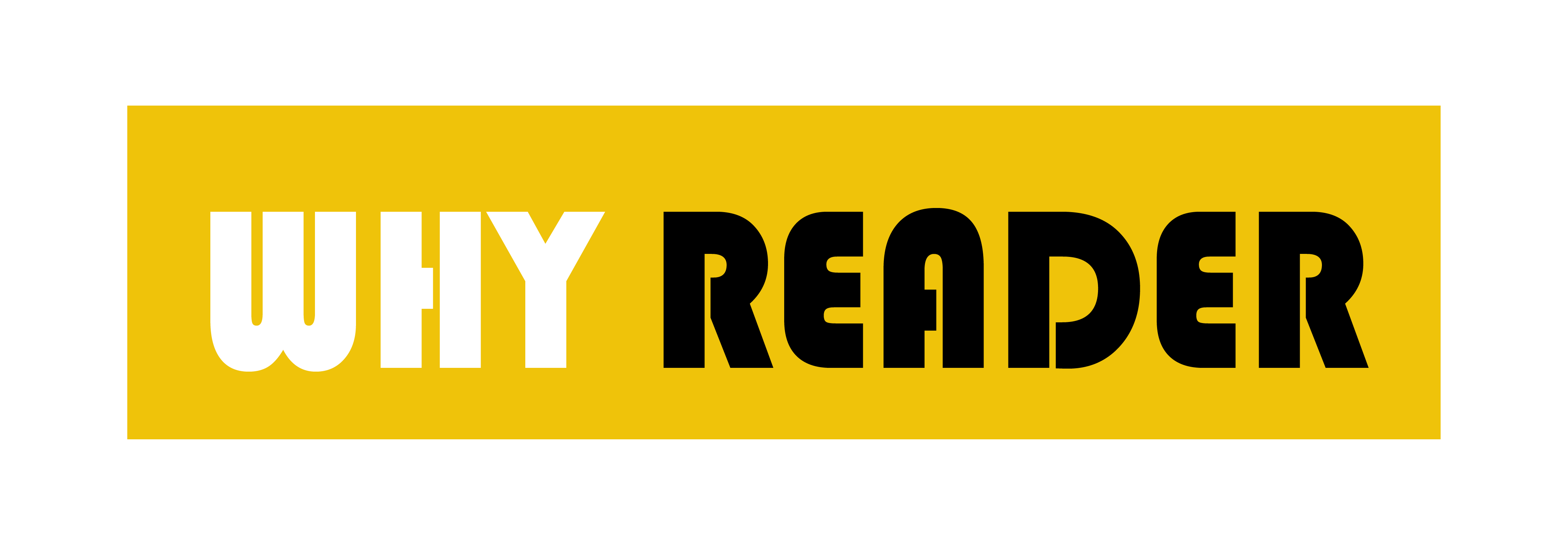Belle Gibson rose to fame as a wellness influencer, inspiring many with her claims of overcoming cancer through diet and alternative medicine. People widely shared her story, and her brand flourished. However, investigators later exposed the truth behind her success as a fraud.
The Rise of Belle Gibson
Gibson used social media platforms to share her alleged battle with brain cancer.Gibson claimed a diagnosis in 2009 and reportedly rejected traditional treatments. Instead, she promoted a focus on nutrition and natural remedies.
She gained a large following and created a wellness app called The Whole Pantry. Partnerships with major brands like Apple and Penguin followed. She also secured a book deal, solidifying her status as a wellness guru.
The Shocking Revelation
Doubts about Gibson’s claims started to arise. Investigative journalists uncovered inconsistencies in her story. Investigators found no medical evidence to support her cancer diagnosis. She never made the promised donations to charities..
In 2015, investigators fully exposed the truth. Investigators revealed that Gibson never received a cancer diagnosis. She built her entire brand on lies. Followers felt betrayed, and public outrage spread quickly.
The Effect on the Wellness Sector
The revelation of Gibson’s deception sparked conversations about influencer responsibility. People questioned whether they blindly trusted internet health claims. Numerous people want stricter rules for wellness brands.
The ‘Apple Cider Vinegar’ Netflix series
Apple Cider Vinegar, a six-episode Netflix series, is an adaptation of Gibson’s narrative.
Final Thoughts
The case of Belle Gibson serves as a stark reminder. People cannot trust all wellness claims. People should always seek proper medical advice before making health decisions. Proper influencers must face accountability, and social media users must remain vigilant against misinformation.



